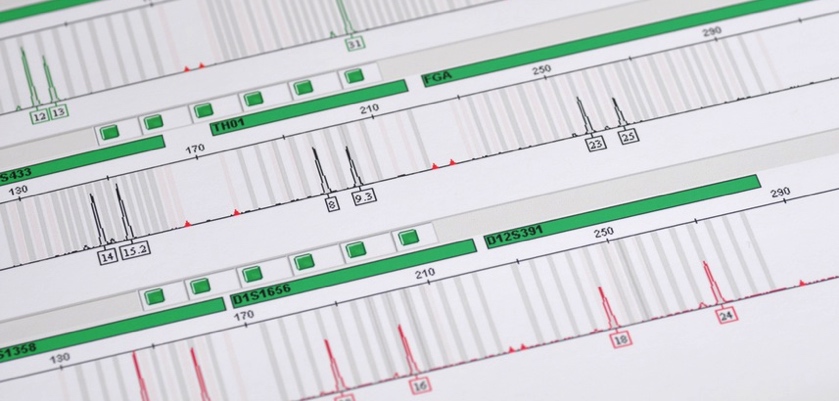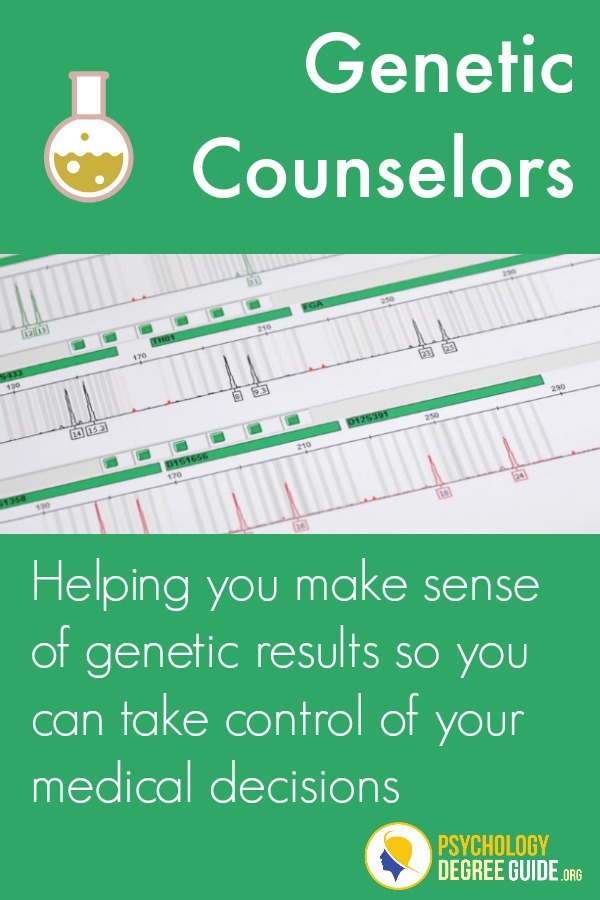
Your first child was just diagnosed with a genetic condition and your doctor tells you that you are a carrier. Should you have a second baby? Your mother had breast cancer and you’ve just learned you carry a genetic propensity for the disease. Should you undergo preventative surgery? In these cases and many more, you might be referred to a genetic counselor to help you work through your options.
What Does a Genetic Counselor Do?
Genetic Counselors are trained in both genetics and counseling. They help patients in two primary ways: Genetic Counselors support their patients as they look for information about a particular inherited disease and assist them in assessing their risks for diseases or cancer; Genetic Counselors are also extremely helpful to individuals and families who have had genetic testing done but don’t understand how to interpret the results or what they should do with the information.
As medical professionals, Genetic Counselors assist their patients in developing health care that suits their specific needs, but as counselors they also help patients sort through the multiple emotional responses they may have to genetic information as well as aid them in making really difficult decisions.
Sponsored School(s)
Careers in Genetic Counseling
Genetic Counseling is a fast growing field. As a matter of fact, the number of Genetic Counselors has increased by 85% in the past 10 years!
Genetic Counselors are often employed by hospitals and kept on staff to assist patients in need of counseling or interpreting test results. There are also many private genetic organizations that rely on Genetic Counselors to provide services, such as InformedDNA. Genetic Counselors may also consult with laboratories in determining which genetic tests should be offered or they may work in more of a research capacity in order to help advocate for patient care.
Obtaining a Genetic Counseling Degree
Students interested in Genetic Counseling usually begin their education with a bachelor’s degree in biology or social science before going on to obtain specialized training. From here, students must apply to a master’s program in Genetic Counseling that is accredited by the Accreditation Council for Genetic Counseling (ACGC). They can then apply to become a Certified Genetic Counselor through the American Board of Genetic Counseling (ABGC).
Useful Genetic Counseling Resources








